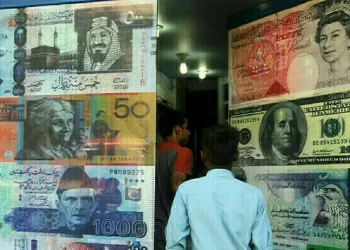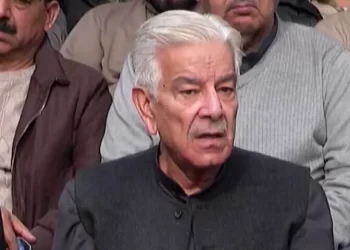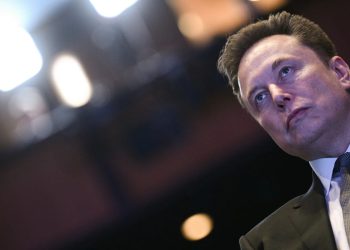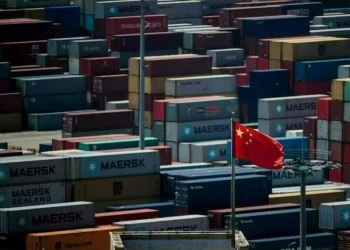Firebrand Indian politician Arvind Kejriwal has hit the ground running since his surprise release from detention in the midst of a contentious general election, energising the opposition as it challenges Prime Minister Narendra Modi.
The Supreme Court gave 55-year-old Kejriwal, who is also the chief minister of the national capital territory of Delhi, bail in a graft case on May 10 and he wasted no time in getting on the campaign trail.
“I have only one request from you, we all have to come together to save the country from dictatorship. I am fighting this dictatorship with all my might,” he told a jubilant crowd soon after walking out of Delhi’s Tihar jail, clearly referring to Modi.
Kejriwal is part of the INDIA alliance led by the Congress party and one of its biggest crowd-pullers. Analysts say while his campaigning will give fresh impetus to the opposition, they are unsure if that will translate into any significant victories against the ruling Bharatiya Janata Party (BJP), which is tipped to return to power.
Kejriwal’s Aam Aadmi Party (AAP) is in power in the Delhi region and in the northern state of Punjab, which together account for just 20 seats in parliament, out of the 543 being contested. Arvind Kejriwal greets supporters from a car after walking out of Tihar Jail on May 10. AFP
Arvind Kejriwal greets supporters from a car after walking out of Tihar Jail on May 10. AFP
“He may be able to generate some sympathy vote, but would that be enough to change the outcome of the election?” said Rahul Verma, a fellow at the New Delhi-based Centre for Policy Research think tank.
“The BJP led in Delhi by 20 percentage points on an average in each seat, so it needs a substantial amount of swing for BJP to start losing seats in Delhi,” Verma added. Still, Kejriwal has the ability to embarrass the BJP.
A day after his release, he said Modi, central to the ruling party’s campaign, would not be prime minister beyond 2025 when he turns 75, and would hand over the reins to Home (Interior) Minister Amit Shah.
“Modi made the rule in BJP that whoever turns 75 will be retired. So I ask BJP, who will be your prime minister?” Kejriwal said. “Modi is not seeking for votes for himself, but for Amit Shah…who will fulfil Modi’s guarantees then?” The BJP scrambled to deny the suggestion that flag-bearer Modi would retire.
ANTI-GRAFT CRUSADER
India began voting on April 19 in the seven-phase election in which Modi, 73, is seeking to be the second prime minister to win a third straight term since independence leader Jawaharlal Nehru.
Delhi goes to the polls on May 25 and Punjab on June 1. Results are due on June 4. Arvind Kejriwal (C) visits the Golden Temple in Amritsar on Thursday. AFP
Arvind Kejriwal (C) visits the Golden Temple in Amritsar on Thursday. AFP
Kejriwal is an anti-corruption crusader-turned-politician with a reputation of being a street-fighter. He projects himself as a messiah of the working class through AAP’s focus on health care, schools and subsidies, and has a high profile image in the media, allowing him to punch above his weight, analysts say.
The Enforcement Directorate, India’s financial crime-fighting agency, arrested him on March 21 in connection with corruption allegations related to the capital territory’s liquor policy.
Kejriwal has dismissed the graft allegations against him as an attempt by Modi’s government to destroy his party and damage the opposition. Modi and the BJP have denied the charges.
Delhi’s voters had mixed reactions to his campaign.
“Giving bail to Kejriwal is like adding fuel to the fire (for the opposition),” said Irshad, 35, a barber in Delhi’s Jahangirpuri area, who gave only his first name. “He’s a genuine leader.”
In the Model Town locality of the capital, vegetable vendor Surya Bali, 33, asked: “If he was not corrupt, why would they send him to jail?”
Some were undecided who they would vote for, including Madhuri Akshay Rajput, 30, a tailor in another part of the city. “Whether Kejriwal has done something wrong or not, going to jail dents your image,” she said. “What’s the point of voting? Nothing has changed.”









